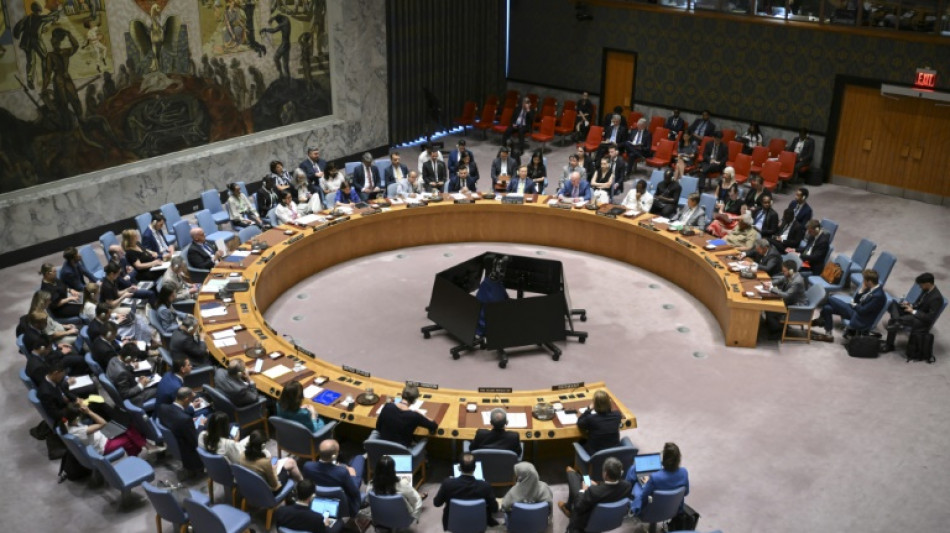
-
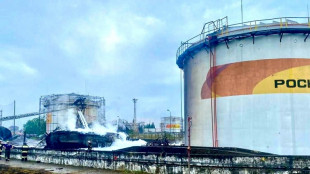 Russian fuel prices surge after Ukraine hits refineries
Russian fuel prices surge after Ukraine hits refineries
-
Maguire feels it will be 'silly' to leave Man Utd now

-
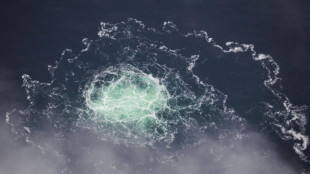 Ukrainian suspect arrested in Italy over Nord Stream blasts
Ukrainian suspect arrested in Italy over Nord Stream blasts
-
England include ex-skipper Knight in Women's World Cup squad as Cross misses out

-
 Walmart lifts outlook for sales, earnings despite tariffs
Walmart lifts outlook for sales, earnings despite tariffs
-
UK sees record asylum claims as row brews over housing
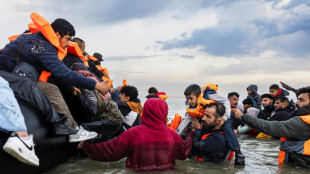
-
 Swiss international Okafor move to Leeds heralds new EPL record
Swiss international Okafor move to Leeds heralds new EPL record
-
Microsoft re-joins handheld gaming fight against Nintendo's Switch

-
 McReight to captain Wallabies against Springboks
McReight to captain Wallabies against Springboks
-
Taiwanese boxer Lin agrees to gender test for world championships

-
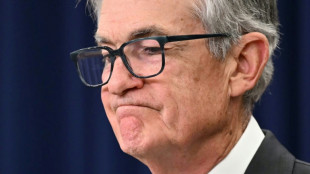 Stocks slip as investors await key Fed speech
Stocks slip as investors await key Fed speech
-
Hong Kong mogul Jimmy Lai's 'punditry' not criminal: lawyer
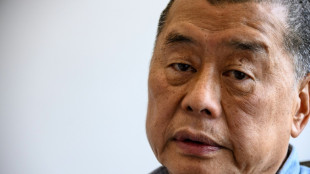
-
 Bournemouth sign 'proven winner' Adli from Leverkusen
Bournemouth sign 'proven winner' Adli from Leverkusen
-
Israel pounds Gaza City as military takes first steps in offensive
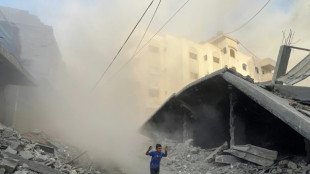
-
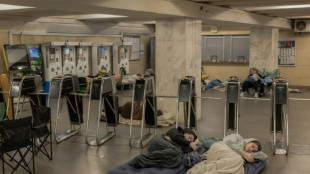 First security guarantees, then Putin summit, Zelensky says
First security guarantees, then Putin summit, Zelensky says
-
Shilton congratulates Brazilian goalkeeper Fabio on breaking record

-
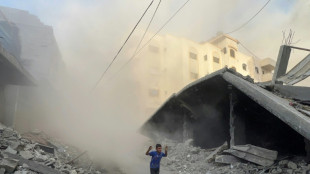 Israel pounds Gaza City after offensive gets green light
Israel pounds Gaza City after offensive gets green light
-
Fraser-Pryce seeks Brussels boost ahead of Tokyo worlds

-
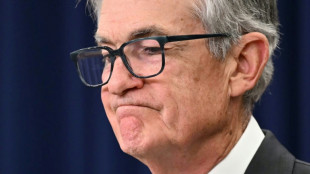 Asian markets mixed as investors await key speech
Asian markets mixed as investors await key speech
-
Ten hurt, 90 arrested as match abandoned following fan violence in Argentina
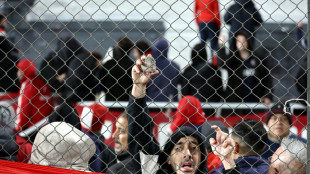
-
 Indian heritage restorers piece together capital's past
Indian heritage restorers piece together capital's past
-
Australian Rules player suspended for homophobic slur

-
 Online behaviour under scrutiny as Russia hunts 'extremists'
Online behaviour under scrutiny as Russia hunts 'extremists'
-
Malaysia rules out return of F1 over costs
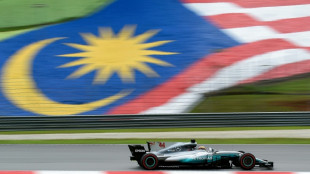
-
 German firm gives 'second life' to used EV batteries
German firm gives 'second life' to used EV batteries
-
Wallabies great Will Genia announces retirement at 37

-
 South Africa spinner Subrayen cited for suspect bowling action
South Africa spinner Subrayen cited for suspect bowling action
-
Menendez brothers face parole board seeking freedom after parents murders
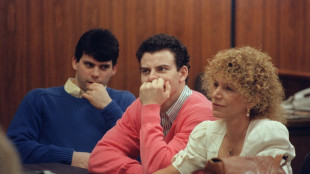
-
 Weaponising the feed: Inside Kenya's online war against activists
Weaponising the feed: Inside Kenya's online war against activists
-
Africa could become 'renewable superpower', says Guterres
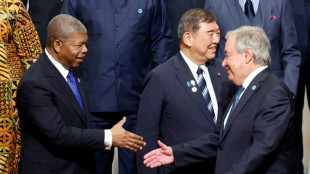
-
 Suspended Thai PM in court for case seeking her ouster
Suspended Thai PM in court for case seeking her ouster
-
Errani, Vavassori retain US Open mixed doubles title in revamped event

-
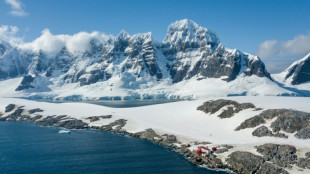 Surging tourism is polluting Antarctica, scientists warn
Surging tourism is polluting Antarctica, scientists warn
-
Ten Hag hoping for fresh start at rebuilding Leverkusen

-
 Five players to watch at the Women's Rugby World Cup
Five players to watch at the Women's Rugby World Cup
-
Suarez fills Messi void as Inter Miami beat Tigres 2-1

-
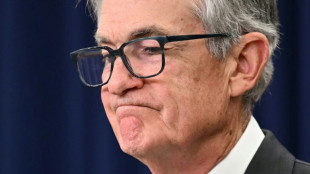 Asian markets creep up as investors await key speech
Asian markets creep up as investors await key speech
-
New Zealand spy service warns of China interference
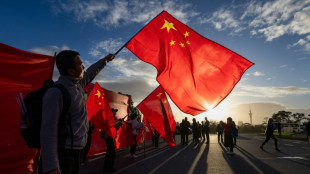
-
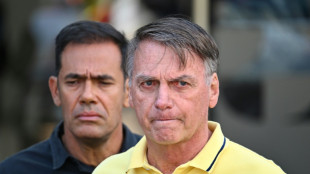 Brazil police accuse Bolsonaro and son of obstructing coup trial
Brazil police accuse Bolsonaro and son of obstructing coup trial
-
Israel approves major West Bank settlement project
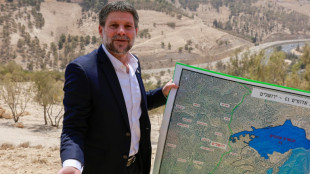
-
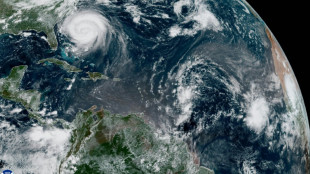 North Carolina braces for flooding from Hurricane Erin
North Carolina braces for flooding from Hurricane Erin
-
Pensioners on the frontline of Argentina's fiery politics
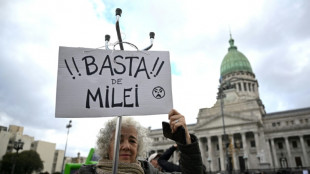
-
 'Curly is beautiful': Tunisian women embrace natural hair
'Curly is beautiful': Tunisian women embrace natural hair
-
Sudanese lay first bricks to rebuild war-torn Khartoum
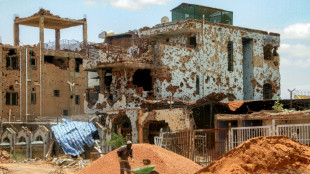
-
 Newcastle host Liverpool amid Isak stand-off, Spurs test new-look Man City
Newcastle host Liverpool amid Isak stand-off, Spurs test new-look Man City
-
Texas Republicans advance map that reignited US redistricting wars
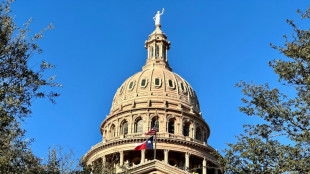
-
 South Africa spinner Subrayen cited for suspect action
South Africa spinner Subrayen cited for suspect action
-
Meme-lord Newsom riles Republicans with Trump-trolling posts
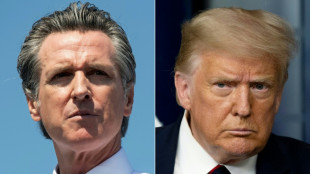
-
 Messi ruled out of Miami's Leagues Cup quarter-final v Tigres
Messi ruled out of Miami's Leagues Cup quarter-final v Tigres
-
Trump flirts with Ukraine security, with narrow margins
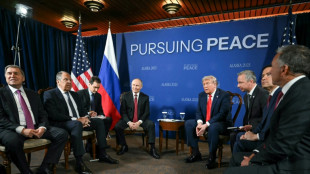

UN Charter: a founding document violated and ignored
Eighty years ago Thursday, 50 countries came together in the ashes of World War II to sign the United Nations' founding charter in order "to save succeeding generations from the scourge of war."
UN Secretary-General Antonio Guterres insisted this week the Charter "is a promise of peace, dignity and cooperation among nations."
But critics say the organization has been utterly helpless in stopping the countless conflicts that have broken out since and continue around the globe today.
Here is a look at the UN Charter's history.
- Main principles -
Conceived in the early years of World War II and signed on June 26, 1945 in San Francisco, the charter paved the way for the creation of the United Nations on October 24, 1945.
In 19 chapters and 111 articles, the Charter lays out the principles of international relations, including the peaceful settlement of disputes, sovereignty and equality between states, humanitarian cooperation, and respect for human rights.
If there is a threat to global peace, Chapter VII gives the UN Security Council the power to impose sanctions to enforce its decisions or even deploy military force.
The Charter, which is very difficult to amend, also establishes the Security Council, with its five veto-wielding permanent members, the General Assembly and the Secretariat, as well as the International Court of Justice.
The United Nations currently has 193 member states.
- 'Impunity reigns' -
But for all the good words, the Charter's principles have been continually violated across the planet for eight decades.
Member states rarely agree whether self-determination trumps non-interference in a state's internal affairs, or if the right to self-defense can justify acts of aggression.
In the most recent example, Tehran, backed by veto-wielding China, accused Washington of violating the UN Charter by striking Iranian nuclear sites over the weekend, an act the United States justified by the right to "collective self-defense."
And the international community has never really addressed the "crime of aggression," said Gissou Nia, a fellow with the Atlantic Council think tank, be it Russia's war against Ukraine or the US invasion of Iraq.
"And once impunity reigns on one set of violations, one that's never dealt with, it continues, and countries use it as justification for the actions that they take," Nia told AFP.
She added: "For self-defense, you really have to show evidence of an imminent attack. I think that it's one of the more contentious issues that involve the UN Charter and the narrative has really gotten away from us."
Russia's invasion of Ukraine in February 2022 was denounced as a clear violation of the Charter by Guterres and the General Assembly, but not by the Security Council, where Russia has a veto.
And even though the Charter allows for persistent violators to be expelled from the UN, that has never happened.
In 1974, the UN did, however, suspend South Africa from the General Assembly over the crimes of apartheid, a ban that lasted two decades.
P.Keller--VB
